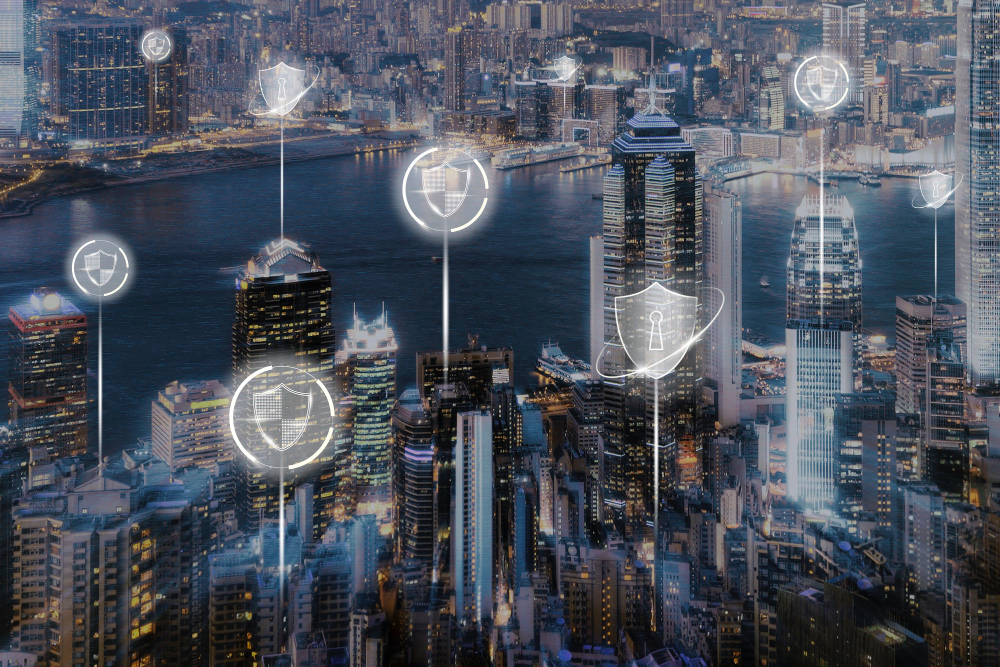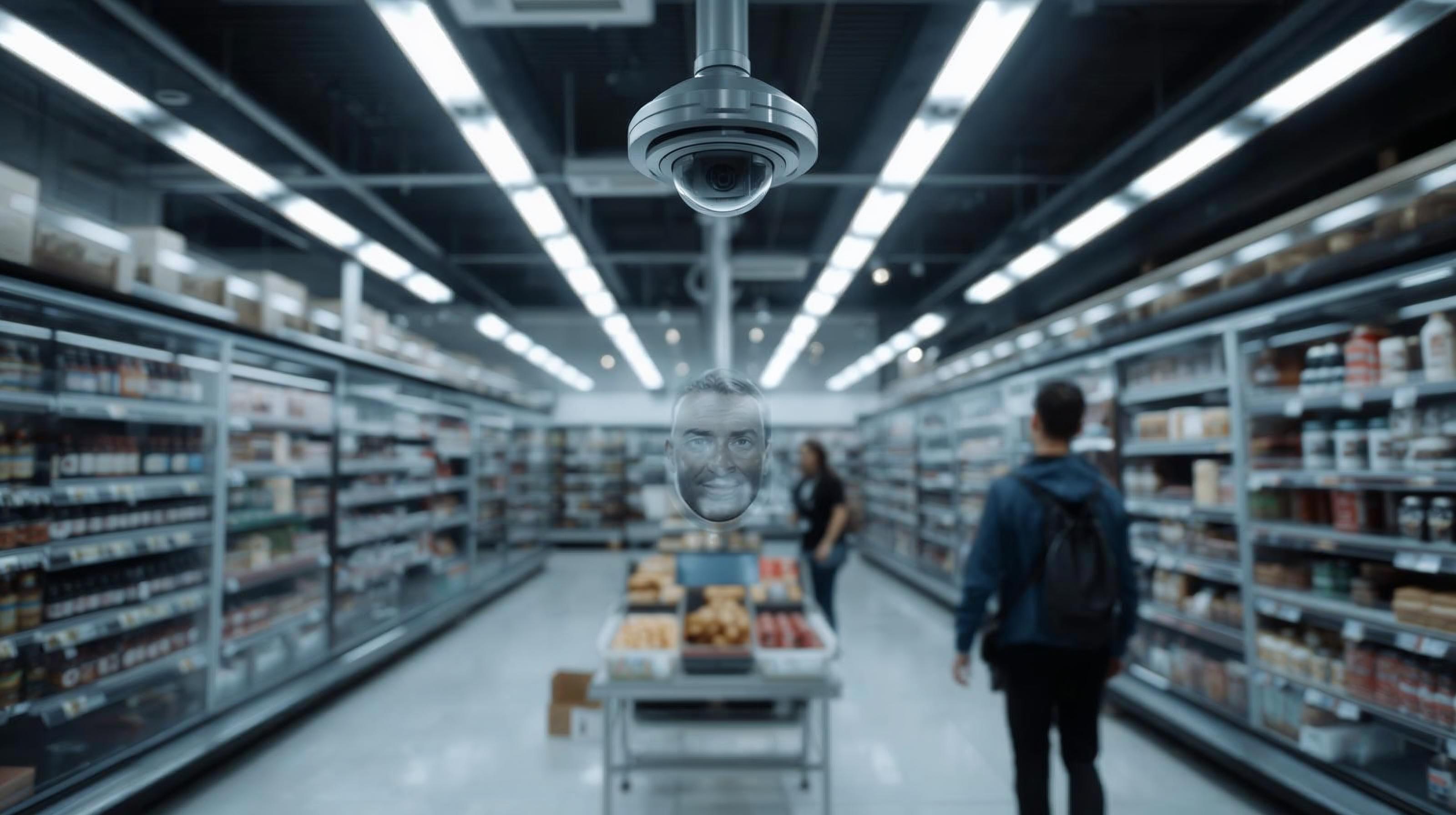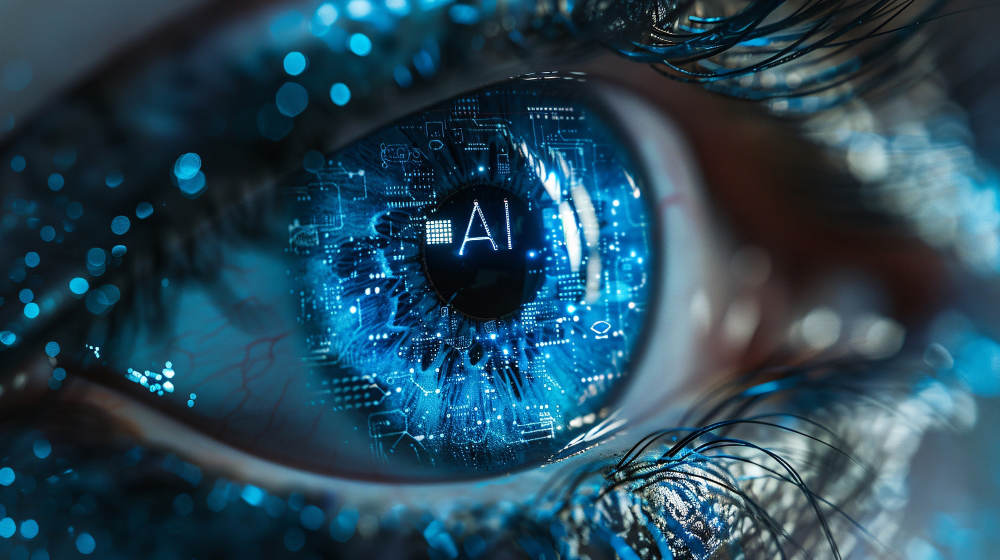SoftBank Group and OpenAI announced a strategic partnership with SB Energy, involving a combined investment of $1 billion to support the development of large-scale AI data centres and energy infrastructure in the US.
The agreement forms part of the broader Stargate initiative, which aims to expand domestic AI computing capacity.
As part of the arrangement, OpenAI signed a lease for a 1.2 gigawatt data centre project in Milam County, Texas, with SB Energy selected to develop and operate the facility.
The partners stated that the project is designed to support the rising demand for AI computing while minimising water usage and enhancing local energy supply.
SB Energy also secured an additional $800 million in redeemable preferred equity from Ares, strengthening its financial position for further expansion.
The companies stated that the collaboration is expected to generate construction employment, long-term operational roles and investment in grid modernisation, while establishing a scalable model for future AI-focused data centre developments.
Would you like to learn more about AI, tech and digital diplomacy? If so, ask our Diplo chatbot!










